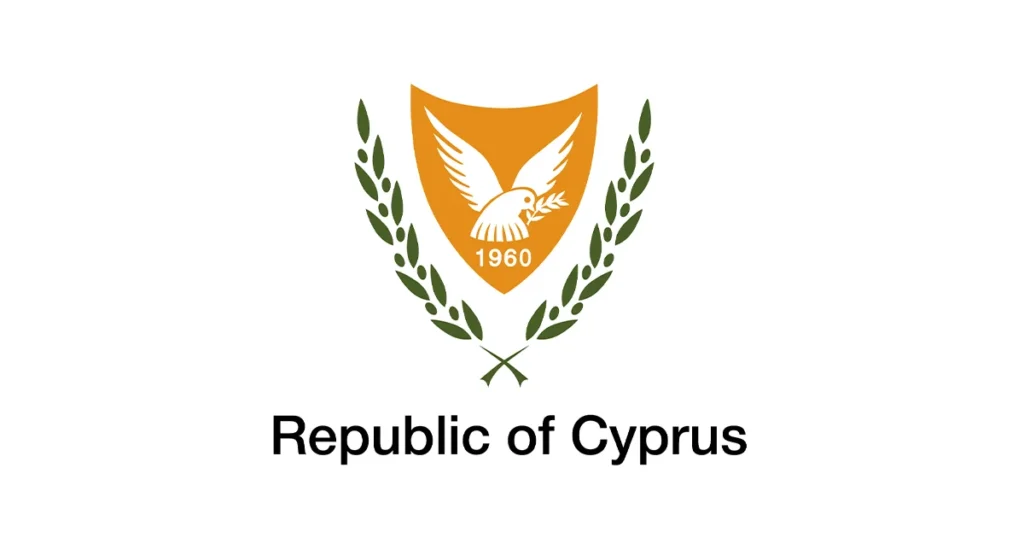As you already know Cyprus introduced all-new Transfer Pricing (TP) rules and reporting obligations that went into effect retroactively as of 1 January 2022.
The new TP requirements for businesses were voted into law by the Cyprus House of Representatives on 30 June 2022 and were published in the Cyprus Government Gazette on 8 July 2022.
The new law is in line with the TP Guidelines for Multinational Enterprises and Tax Administrations of the OECD and within the framework of Action 13 of the BEPS initiative.
TP refers to how income/expenses from transactions are allocated to related companies and permanent establishments. Before the enactment of this law, the legal basis to address TP issues rested on the arm’s length principle.
1. Transactions covered
The new transfer pricing law and regulations cover all types of transactions between related parties in excess of €750.000 (cumulatively) per category of transactions. The relevant transactions include:
- Goods
- Services
- Intellectual Properties (licensing, disposals etc.)
- Financial services
- Any other types of transactions
2. Taxpayers covered
TP documentation would have to be provided for all related party transactions entered by Cyprus resident companies and foreign entities operating through a permanent establishment in Cyprus, subject to certain exemptions.
Article 33 of the ITL was amended to introduce, among others, a percentage in defining the relationship or connection of a Cypriot company with another person for transfer pricing purposes.
More specifically, following the above amendments, a company is connected with another company under the following conditions:
- If the same person has, directly or indirectly, at least 25% of the voting rights or of the share capital or is entitled to at least 25% share of the income of both companies.
- If the same person and persons connected with that person holds, directly or indirectly, at least 25% of the voting rights or of the share capital or are entitled to at least 25% share of the income of both companies.
- If a group of two or more persons holds, directly or indirectly, at least 25% of the voting rights or of the share capital or are entitled to at least 25% share of the income of each company and the groups either consist of the same persons or could be regarded as consisting of the same persons by treating (in one or more cases) a member of either group as replaced by a person with whom that person is connected.
Moreover, a company is connected with another person if this person holds, directly or indirectly, at least 25% of the voting rights or of the share capital or is entitled to at least 25% share of the company’s income or if that person and persons connected with him together holds, directly or indirectly, at least 25% of the voting rights or of the share capital or are entitled to at least 25% share of the company’s income.
Finally, any two or more people acting together to secure, directly or indirectly, at least 25% of the voting rights or of the share capital or are entitled to at least 25% share of the company’s income shall be treated in relation to that company as connected with one another and with any person acting on the directions of any of them to secure directly or indirectly at least 25% of the voting rights or of the share capital or is entitled to at least 25% share of the company’s income.
3. TP documentation requirements
Cyprus tax resident companies or permanent establishments in Cyprus of non-tax resident persons have the obligation to prepare a TP documentation file falling within the provisions of Article 33 of the Income Tax Legislation (e.g., intercompany transactions).
The TP documentation file must consist with the following:
(a) Master file
(b) Local file
(c) Summary information table
Based on the OECD TP Guidelines, the Master File must contain standardized and high-level information relevant for all group members of a multinational enterprise (MNE), including an overview of the group’s business and its overall transfer pricing policies. It should also cover the global allocation of income and economic activity in order to assist tax administrations in evaluating the presence of significant TP risk.
A Master File must be prepared when a company is part of a MNE group as the Ultimate Parent Entity (UPE) or Surrogate Parent Entity (SPE) for Country-by-Country Reporting purposes and has a reporting obligation (i.e. the consolidated revenue of the group exceeds €750 million). Both conditions must be met in order for a Master File to be required.
The Master File needs to be updated annually with any significant changes of the market conditions that may impact the information and data included therein.
(b) Local File
The Local File should cover the related party transactions of the Cypriot taxpayer. It should provide more detailed information (compared to the Master File) on intra-group transactions and documents how the taxpayer has complied with the Arm’s Length Principle on those related party transactions. The Local File focuses on information relevant to the Transfer Pricing Study, covering transactions between related parties, including relevant financial information, a comparability analysis and the selection and application of the most appropriate TP method.
As stated above, a Local File must be prepared by taxpayers if their transactions with connected persons either exceed (or should have exceeded based on the Arm’s Length Principle) the amount of €750,000 per annum in aggregate per category of transactions.
The local file is to be updated annually, and specific reference made to any significant changes of the market conditions that may impact the information and data included in the local file.
Please also note that the Cyprus Tax Authorities have issued the attached ΚΔΠ which provides a detailed analysis of what a local file should include.
We believe that many of your clients have the obligation to prepare not only a transfer pricing study but also a local file since it has financing arrangement with other related companies more than €750.000. Therefore, it is strongly recommended that the relevant actions are taken now in order to have time to undertake any corrective measures taking into consideration that the related party transactions/balances will be declared to the tax office from 2022 onwards through the summary information table (please see below).
(c) Summary Information Table (SIT)
The SIT is an additional TP declaration that must contain high-level information on related party transactions, including details of the counterparties, their jurisdiction of tax residency, the category of intercompany transactions entered into, as well as their value. A template of the summary information table is included on the attached ΚΔΠ.
4. Format and Language
The TP Documentation should be maintained by the taxpayer in electronic or paper format and may be prepared in a generally acceptable language, preferably in English, however, the Tax Commissioner may request its translation in Greek if necessary.
5. Quality review and sign off
The TP provisions also require that a person who holds a professional practicing certificate from the Institute of Certified Public Accountants of Cyprus, or from any other similar recognised body in the Republic, to undertake an assurance quality review of the Local File no later than the due date for submitting the taxpayer’s Income Tax Return for the year which the Local File relates to.
6. Deadlines
The local file (and master file, if relevant) should be prepared by the Income Tax Return submission deadline for the respective tax year (e.g., currently being 15 months after calendar year-end) and be submitted to the Cyprus Tax Authorities within 60 days when and if requested.
The SIT shall be submitted to the Tax Department concurrently with the Income Tax Return.
7. Penalties for non-compliance
Where a taxpayer has received a notice from the Cyprus Tax Authorities to provide the TP documentation (i.e. Local File, or Master File where applicable) and fails to do so within the required timeframe of 60 days, penalties will be as follows:
€5.000: If the TP Documentation File is filed after the 60th day but before the 91st day from the notification of the submission request;
€10.000: If the TP Documentation File is filed after the 90th day but before the 121st day from the notification of the submission request;
€20.000: If the TP Documentation File is filed after the 120th day from the notification of the submission request;
In cases where a taxpayer fails to submit a SIT, a penalty of €500 will be imposed.
8. Advance Pricing Agreements
The new legislation also includes provisions which allow taxpayers to apply for an Advance Pricing Agreement (APA) for related party transactions. An APA is an arrangement that determines, in advance of controlled transactions, an appropriate set of criteria (e.g. method, comparable, and appropriate adjustments thereto, critical assumptions as to future events) for the determination of the transfer pricing for those transactions over a fixed period of time.
The Cyprus Tax Authorities should issue the APA decision within 10 months, but they may notify extension of this deadline up to 24 months from the date of submission of the APA request by the taxpayer. The APA decision may be applicable for a maximum term of four years, however, it cannot apply for any tax year prior to the tax year in which the request is submitted.
9. What needs to be done
We strongly recommend that an exercise is undertaken to review 2022 related parties’ transactions/balances and start preparing the transfer pricing study and the local file and take any corrective actions.
In case you will need our assistance, we will be happy to assist you with the following services:
- Identification of the controlled transactions/balances;
- Assisting with the preparation of a transfer pricing study;
- Assisting with the preparation of a functional analysis;
- Assisting with the preparation of the local file;
- Assisting with the completion and submission of the summary information table.
We note that the above is a lengthy and complex process and should not be taken lightly since the penalties involved for non-compliance are material.
________________________________________________________________________
Our team will be at your disposal to assist you in understanding the potential impact of the above circular and support with the compliance obligations that may arise.





